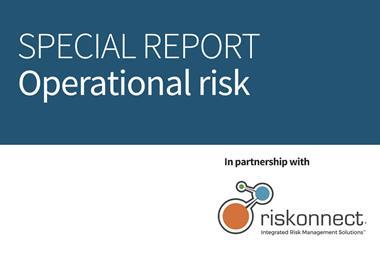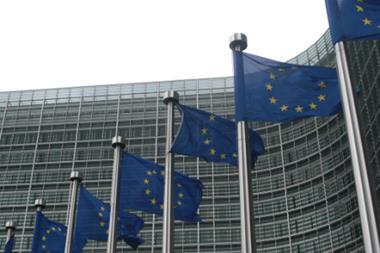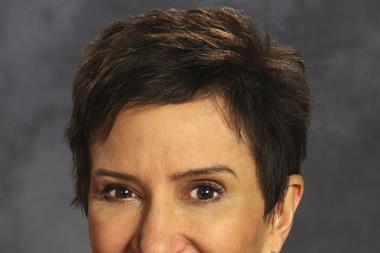US court decision raises serious issues concerning liability for online content
Last week's admission by the National Weather Service that one of its sites used to track severe weather was compromised may be the prelude to a storm of another kind for web sites providing user-generated content, according to an Aon technology expert.
A series of phony weather alerts were sent this spring to the Weather Service site used by meteorologists to track the movement of severe storms. Kevin Kalinich, co-national managing director of Aon's Financial Services Group, says the 9th US Circuit Court of Appeals recently ruled that web sites can now be held at least partially responsible for some user-generated content. The ruling came as a result of a lawsuit filed against a web site that was found liable for discriminatory postings.
Kalinich says the new ruling means that sites that control user-generated content may be considered publishers and held liable despite the protections of the Digital Millennium Copyright Act, which poses new risk management challenges for the managers of those sites. He says, "The question becomes, 'should a site have a better oversight process?' Site managers may now be tasked to find a generally acceptable standard."
“"The question becomes, 'should a site have a better oversight process?' Site managers may now be tasked to find a generally acceptable standard."
Kevin Kalinich, co-national managing director of Aon's Financial Services Group
In the past, Kalinich says, liability has been determined in part by what is called the "Reasonable Person" test, which asks what risk mitigation standards would a rational person accept as practical and appropriate. However, Kalinich says as user-generated content becomes more sophisticated and users become increasingly adept at site management, risk managers may no longer be able to rely on the broad parameters of the 'reasonable person' test as they evaluate risks posed to clients offering information on the Net.
"These are questions no one has asked before," he says. "Now we have to find answers that work for everybody."

















